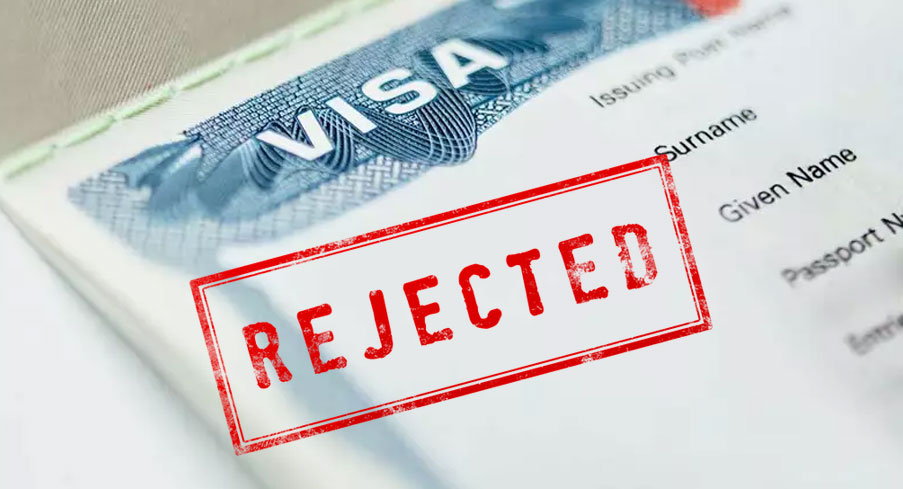Reasons For Rejection Of Foreign Visa Application On Pakistani Passport
Publish Date: 05, Aug 2023
Published BY: Admin
Views: 1274

Rejection of a visa application can be a disappointing and frustrating experience, especially when you are unsure about the reasons behind it. While I can provide you with a comprehensive list of reasons for the rejection of Foreign Country visa for Pakistani passport holders, it's important to note that visa decisions are made by the relevant authorities based on their own criteria and policies. Here are several common reasons for visa rejections:
visa rejection reasons on pakistani passport
1.Incomplete or Incorrect Documentation:&...
4.Insufficient Financial Proof:...
7.Poor Interview Performance:&l...
9.Overwhelming Demand or Quota Limitation...
Key Notes
It's important to remember that each visa application is evaluated on a case-by-case
Worldwide Visa Information for Pakistani Passport:

